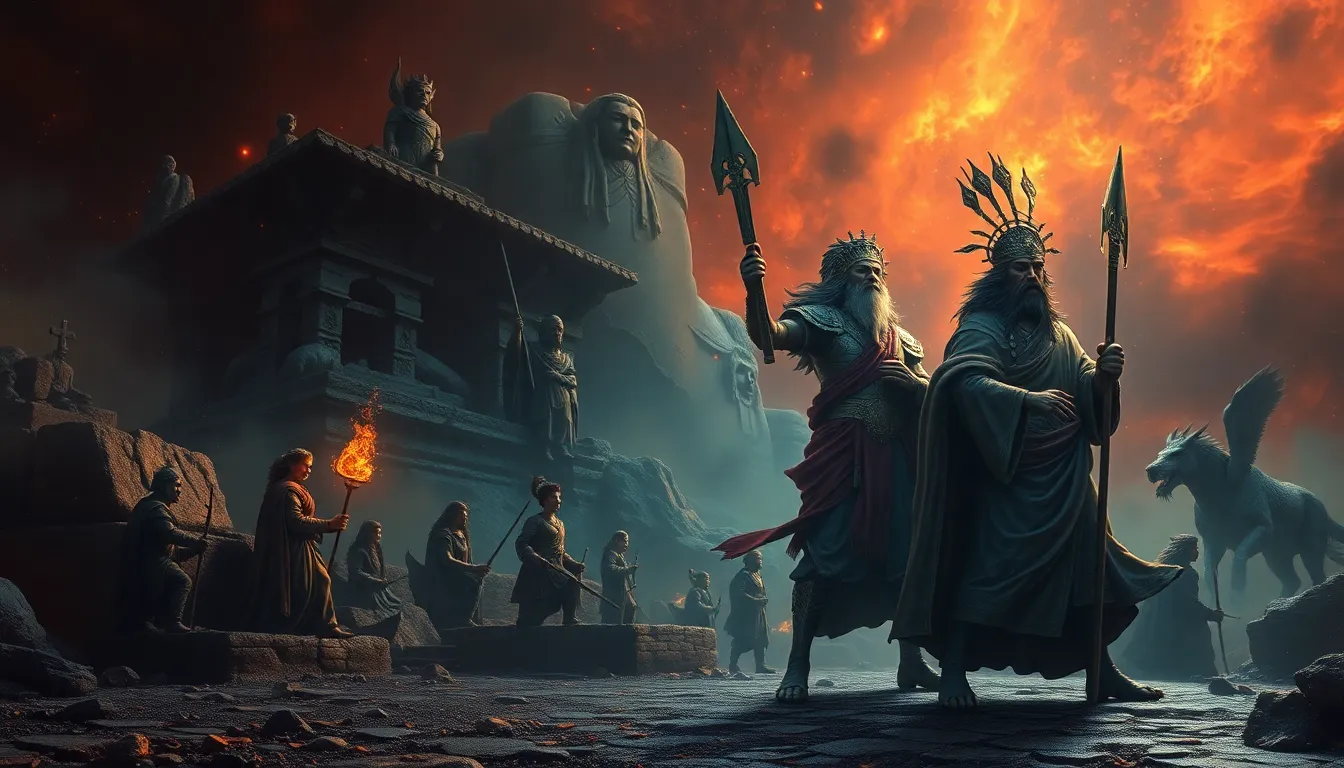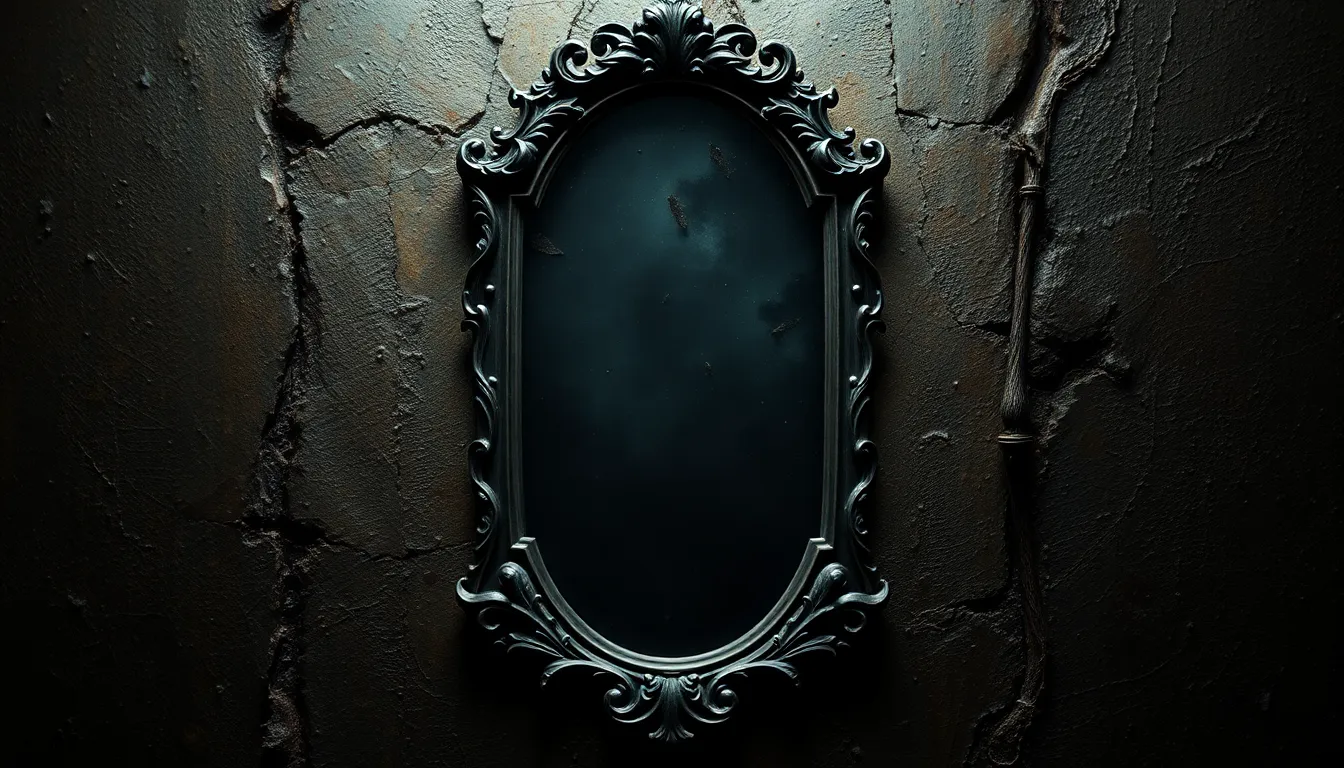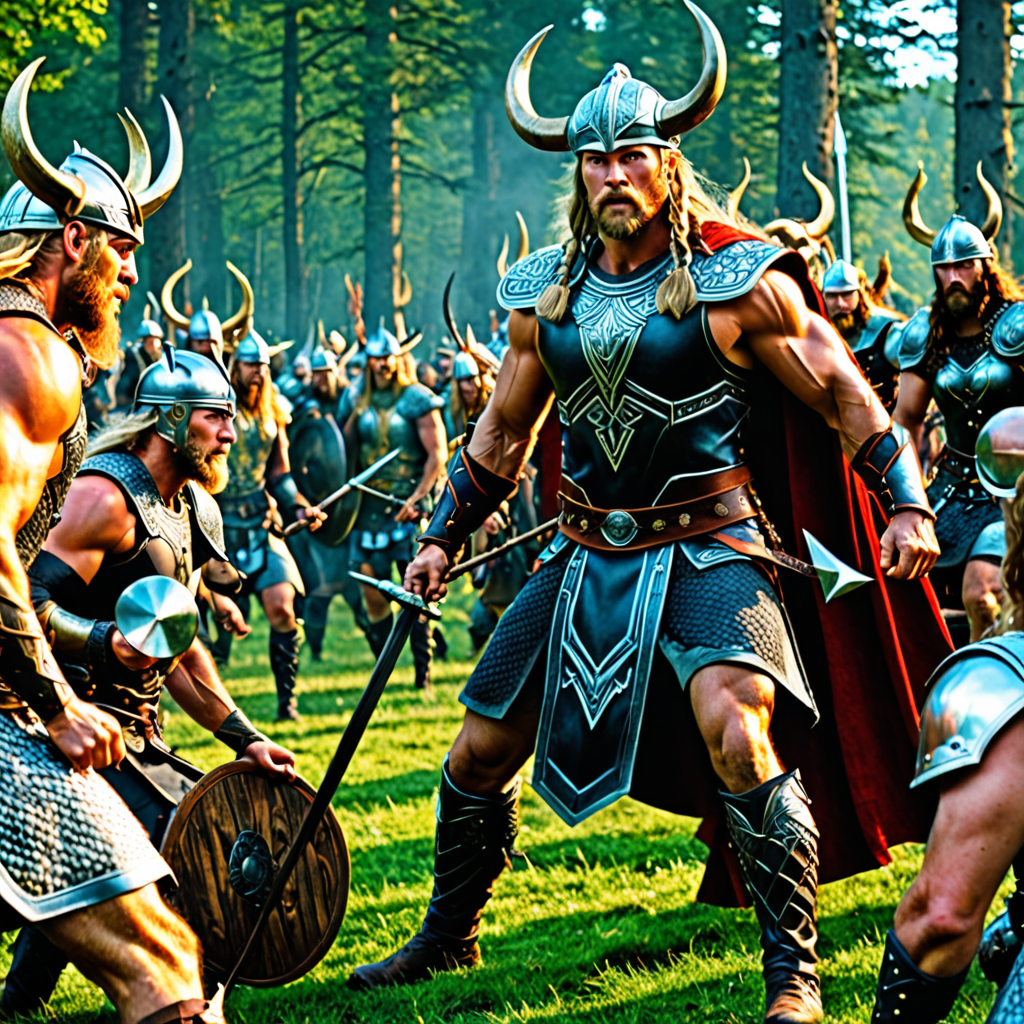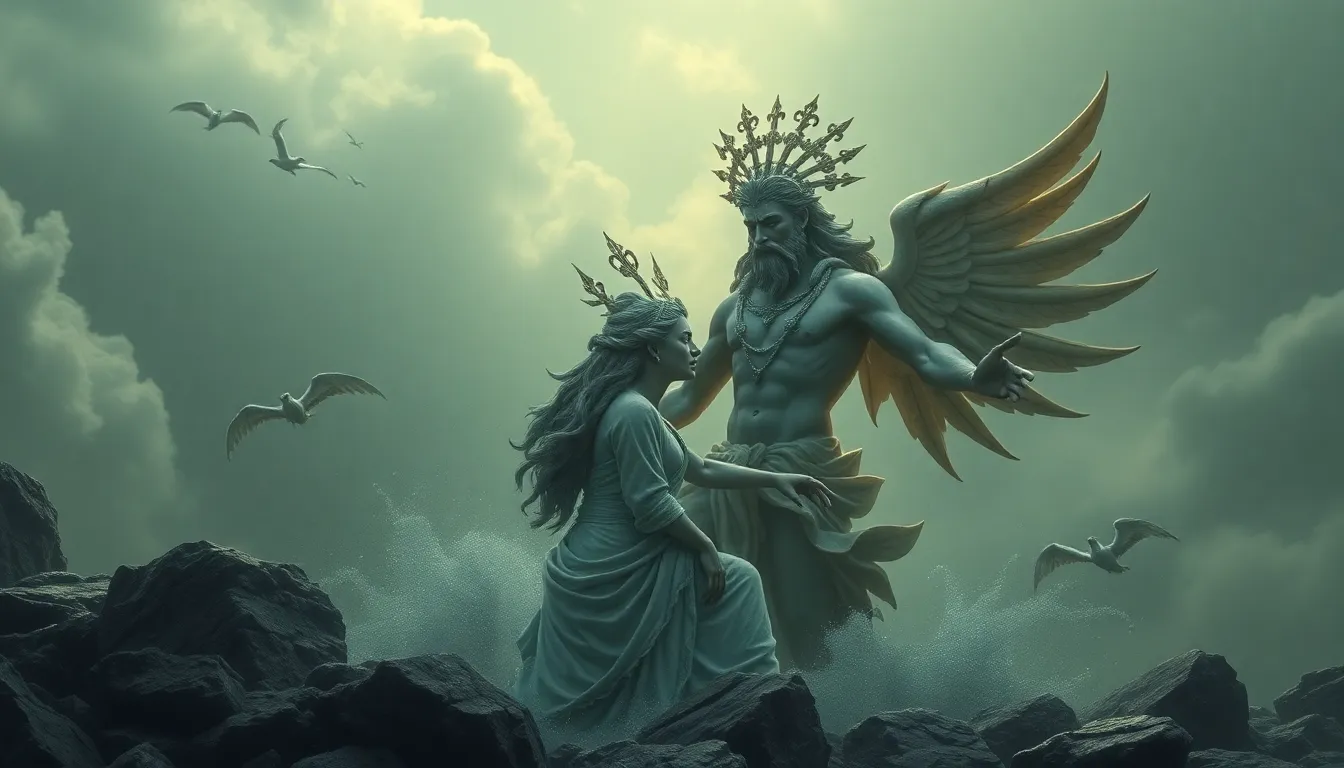The Mythical Legacy of Cultural Heroes in History
Introduction to Cultural Heroes
Cultural heroes are individuals who embody the values, virtues, and aspirations of a society. Often celebrated for their extraordinary feats, these figures serve as symbols of inspiration and moral guidance. In various cultures, they play a crucial role in shaping identity and offering narratives that reflect communal ideals.
The importance of cultural heroes cannot be overstated; they provide a sense of belonging and continuity for their communities. By examining the mythical legacy of these heroes, we can gain insights into the values and beliefs that have shaped societies throughout history.
The Origins of Cultural Heroes
The concept of heroism has deep historical roots. In ancient civilizations, heroes emerged as larger-than-life figures who performed extraordinary deeds. Early examples include Gilgamesh, the Sumerian king who sought immortality, and Hercules, the Greek demigod known for his incredible strength and heroic labors.
Oral traditions played a significant role in shaping the narratives surrounding these heroes. Stories were passed down through generations, often morphing and evolving to reflect the changing values and beliefs of society.
Myth vs. Reality: The Dual Nature of Heroes
The process of mythologization often blurs the lines between historical fact and mythical embellishment. For instance, Alexander the Great is often portrayed as an invincible conqueror, while his vulnerabilities and flaws are frequently overlooked. Similarly, King Arthur is shrouded in legend, with tales of the Round Table and Excalibur overshadowing the historical realities of his reign.
This dual nature of heroes raises intriguing questions about how societies construct their narratives. While these embellishments serve to inspire, they can also distort historical truths.
Cultural Heroes Across Different Civilizations
Cultural heroes exist across various civilizations, each reflecting the unique values and histories of their societies. For example:
- Native American Heroes: Figures such as Crazy Horse and Sitting Bull symbolize resistance and the struggle for identity.
- African Heroes: Leaders like Nelson Mandela represent the fight against oppression and the quest for justice.
- Asian Heroes: Characters like Sun Wukong (the Monkey King) embody cleverness and resilience in Chinese folklore.
The geography and social structure of a society significantly influence the narratives surrounding its heroes. Myths and stories often preserve cultural identity, fostering a sense of unity in the face of adversity.
The Impact of Cultural Heroes on National Identity
Cultural heroes often serve as symbols of nationhood, encapsulating the ideals and aspirations of a country. For example:
- George Washington: As a founding father of the United States, he represents ideals of freedom and leadership.
- Nelson Mandela: His legacy as a leader in the anti-apartheid movement highlights themes of forgiveness and reconciliation.
The interplay between hero worship and nationalism can be complex. While heroes unite people, they can also lead to exclusionary narratives that marginalize alternative viewpoints.
Cultural Heroes in Literature and Art
Literature and art have long depicted cultural heroes, shaping and reflecting societal values. From epic poetry like The Iliad to modern novels, heroes are portrayed in diverse ways that resonate with audiences.
The influence of visual arts, such as paintings and sculptures, also plays a significant role in immortalizing heroes. For example, the depiction of Hercules in Renaissance art highlights both his strength and humanity.
In contemporary media, hero archetypes continue to evolve, often reflecting societal changes and challenges.
The Role of Cultural Heroes in Social Movements
Cultural heroes can act as catalysts for social change, inspiring movements that advocate for justice and equality. Figures like Rosa Parks and Mahatma Gandhi symbolize the fight against injustice, motivating individuals to stand up for their rights.
These heroes often become the faces of grassroots movements, rallying support and fostering a sense of collective purpose. Their legacies continue to shape social justice narratives around the world.
Modern Interpretations and Reimaginings of Cultural Heroes
In the 21st century, narratives surrounding cultural heroes have begun to shift, giving rise to anti-heroes and flawed characters. This trend reflects a growing recognition of the complexities of human nature.
The impact of digital media has also transformed the perception of heroes. Social media platforms enable diverse voices to share narratives, leading to more inclusive representations of heroism.
Contemporary storytelling often embraces a wider array of perspectives, creating space for narratives that challenge traditional hero archetypes.
Critiques of the Cultural Hero Concept
While cultural heroes can serve as powerful symbols, there are critiques of the concept as well. Hero worship can lead to:
- Dangers of Idealization: Overemphasizing the virtues of a hero can overshadow their flaws and mistakes.
- Historical Revisionism: The glorification of certain figures can distort historical realities and marginalize alternative narratives.
- Alternative Perspectives: Some argue that collective memory should prioritize community values over individual heroism.
These critiques encourage a more nuanced understanding of heroism and its implications for society.
Conclusion: The Enduring Legacy of Cultural Heroes
The legacy of cultural heroes remains relevant today, reflecting ongoing societal values and struggles. As we navigate a globalized world, the narratives surrounding heroes continue to evolve, offering insights into contemporary challenges.
Understanding the mythical legacies of cultural heroes allows us to recognize their significance in shaping identities, inspiring movements, and reflecting the complexities of human experience.
Ultimately, the exploration of cultural heroes highlights not only their accomplishments but also the shared aspirations that connect us across time and space.




